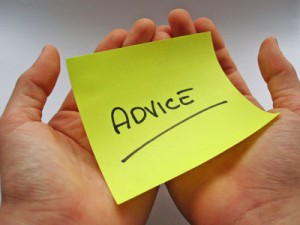 Every traveler should contact their personal health provider before making travel plans, and all travelers should exercise basic food and water hygiene to minimize the chances of illness.
Every traveler should contact their personal health provider before making travel plans, and all travelers should exercise basic food and water hygiene to minimize the chances of illness.
If you have questions about traveling from the U.S. to Vietnam, you will not need to provide proof of immunizations. However, your routine adult immunization should be up to date, and the following vaccinations are essential:
– Hepatitis A
– Hepatitis B
– Typhoid
Yellow fever: No worries here unless you are traveling through a country with Yellow Fever cautions. (These are confined to Africa and South America; please check the above link if you are unsure). Again, if you are traveling from the U.S. to Vietnam with airport stopovers only, you do not need proof of vaccination.
Malaria: The only places with substantial exposure are Quang Tri and west toward Laos; the coastal cities of Vietnam are really quite low risk. You can protect yourself against infection by taking a medicine like Doxycycline, which is the recommended prophylactic in Vietnam except when contraindicated. Quinine products DO NOT adequately cover the malaria types that occur in the western jungles of Vietnam and eastern borders of Laos and Cambodia! Of course, if you are considering anti-malarial medications, consult your medical provider for advice and instruction.
Japanese Encephalitis: Again, we will have low risk exposure. Not only is infection extremely rare among travelers, but we generally avoid the rainy seasons when mosquitoes are most prevalent. Personally, I struggled with getting this but finally elected not to. It is a multi-shot series and is expensive. Vaccination is not usually recommended for short-term visitors unless they are spending a lot of time in rural or outbreak areas. The vast majority of our tours will be in very low risk areas during the low risk season.
Avian Flu: This disease should be of little concern to us. Avoid contact with wild and domestic birds, including poultry.
Mosquito smarts: One of the most important ways to prevent infection is prevention. That means DEET! Long sleeved shirts, pants, and hats are best and should be worn in early morning and late afternoon when mosquitoes are most active. DEET should be sprayed on skin and clothing. Mosquito bite prevention is the best protection against dengue, Japanese encephalitis, filariasis, and malaria.
Climate and conditioning: While we will not be making forced marches over hill and dale, our more adventure-oriented tours feature trekking, biking, and kayaking. Even leisure travelers are likely to get plenty of exercise traveling and exploring, so it will benefit anyone to begin a training regimen to improve their endurance and cardiac health. In Vietnam’s warm and humid environment, it is also important to remain well-hydrated, with proper electrolyte levels. Sorry guys, but beer does not count as adequate hydration!
Special Considerations: If you are planning a trip to Vietnam and need certain medical accommodations, contact us with a brief description of your condition(s). This will help us understand what we can and cannot accomplish.